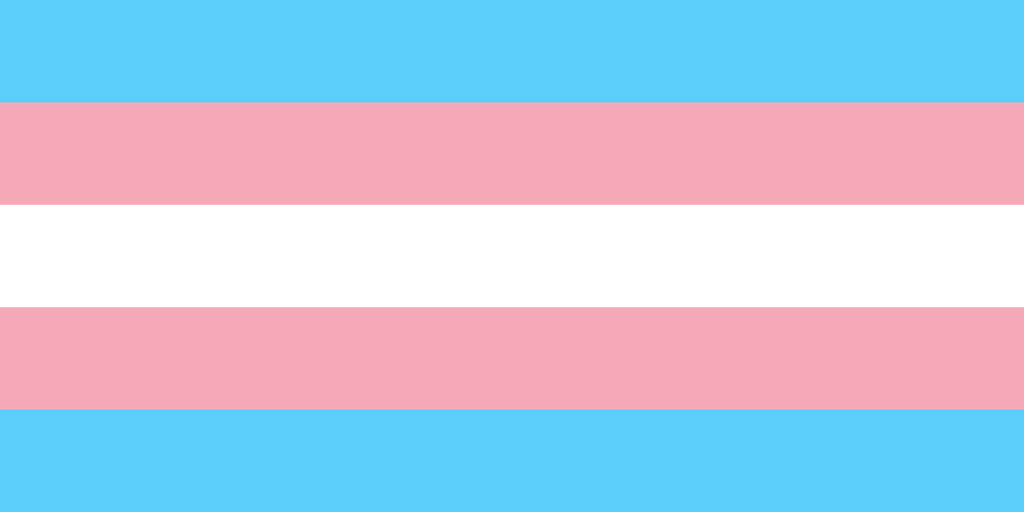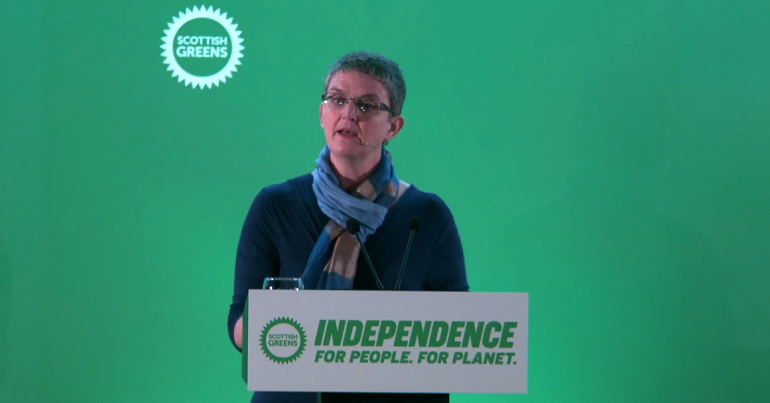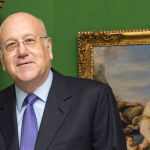I’m an angry feminist. And I’m angry at how trans people are being marginalised.
When asked once on a panel discussion what kind of feminist I am, I said ‘angry’. And so I am. I am angry at the way that women are marginalised in our society, at how we have to fight for representation in government, in the media, how we have to fight expectations around our gender and fear male violence. I hate how we are silenced. I am absolutely angry.
I think though, that trans, non-binary and intersex people even more marginalised, silenced and living in fear of violence than women are. I think being unable to use a public toilet or public changing room for fear of violence must be terrifying and is deeply unfair. This is not the society I want to live in. I know that trans people are marginalised in public life and are the victims of violence at even higher rates than cis women in private life, as well as being the butt of jokes in the media and harassed on the streets. No one should have to live like that.
In our society it is common to be told that you aren’t ‘doing’ your gender properly, you ‘aren’t a real man’ or are a more Gileadian ‘un-woman’. Is a woman someone who has a uterus, who has breasts, who menstruates, who has given birth to children via their vagina? I have heard people who define ‘womanhood’ in these ways, but think about who that excludes. Our entire society works on an underlying assumption that a ‘real woman’ is caring, non-ambitious, a mother and largely ornamental; think about who that excludes.
I am very uncomfortable with strict definitions as to who is allowed to be a woman and what their journey to womanhood is allowed to be. I think it behoves us for the definition to be grey and fuzzy around the edges, to allow it to overlap with other identities: is a pregnant 14 year-old a woman or a child? She has elements of both. I favour an inclusive definition of womanhood, a self-defined version. I am not so comfortable with the traditional assumptions and trappings of womanhood myself that I am willing to constrain myself to them, and I would not see others similarly constrained. I welcome having additional members on our team, of widening out the definition of what it means to be a woman until we have something that can sit comfortably on all of our shoulders.
I think that there is room in feminism for our trans sisters. In the same way that we demand that men make space for us in their spaces: parliament, boardrooms, sports, films and the media, we can make spaces for those who are even more marginalised than we are. I would much rather our trans sisters were in our changing rooms than put themselves in danger of violence in the men’s changing room. We can help to protect our marginalised sisters, there is room in feminism for people who arrive at their womanhood via different routes.
Which is not to say that I think we should shut down discussion. Only by being deeply curious and attempting to understand one another’s fears will we change minds. Let us talk and listen. But mostly listen.
We feminists often say that feminism isn’t just about what is good for women, that feminism is good for men too, but feminism isn’t good if it isn’t good for everybody, which means it must be good for trans people too.
Let’s bring our trans sisters in from the cold and give them safe spaces with us. There is room in feminism for all of us.





Leave a Reply